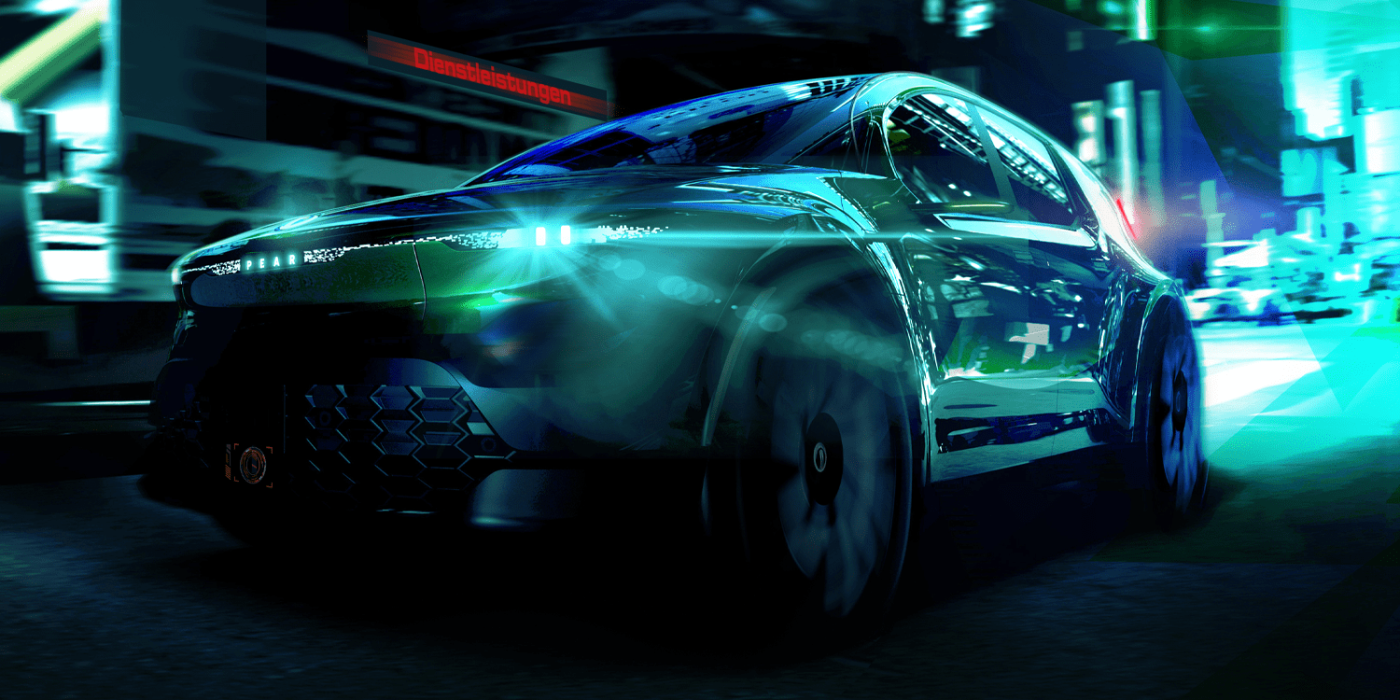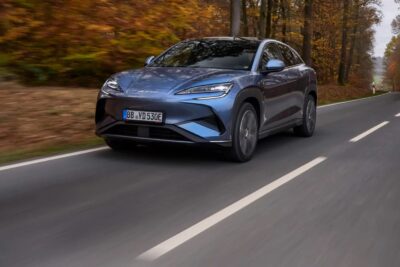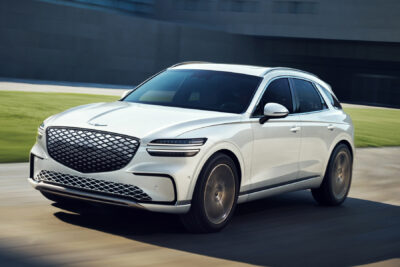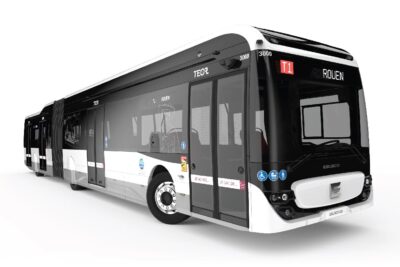Fisker considers EV production in Europe
The US electric car manufacturer Fisker is considering setting up European production for its second model, the Pear. Currently, according to CEO Henrik Fisker, many options are still being examined – such as whether to build from scratch, alone or with partners, or even take over an existing plant.
“We are currently looking into building the Pear in Europe as well,” founder Henrik Fisker told the German publication Handelsblatt. This could be done with a partner or alone. The decision is expected to be made in mid-2023. As reported, the affordable electric model Pear, which is to be available for under 30,000 euros, will initially be built by contract manufacturer Foxconn in the US state of Ohio from 2024. In parallel, production in Europe is being examined.
As mentioned, the considerations have not yet been finalised, but according to Fisker, Germany is among the possible locations. “If we start from scratch somewhere in Eastern Europe, we have to train people,” says Fisker. “And it takes longer to ramp up production.” The high energy prices speak against Germany.
In any case, a location on the European mainland makes sense, implying a rejection of production in Great Britain. The commitment to mainland Europe is currently one of the few concrete statements, because the company is still considering all possible options.
It does not necessarily have to be a new building. “It could be that we buy an existing plant,” says Henrik Fisker. A joint venture with another car manufacturer is also conceivable.
According to Fisker, a second plant could also be added in the USA – for local production of the Ocean electric SUV. At the contract manufacturer Magna in Graz, production of the first Fisker model started on schedule a few days ago. In India, Fisker is even talking with a major industry partner about building a car for under $20,000, he said. “But we won’t go that low in the USA or Europe,” says Henrik Fisker.
A plant of our own – whether a new building or a takeover – would mean a departure from the company’s current strategy. Because unlike eMobility start-ups like Lucid or Rivian (or once Tesla), Fisker has so far relied on contract manufacturing. This is to keep the company’s organisation lean with design, development and sales. In the interview, Henrik Fisker calculates that for the production of the Ocean at Magna, they only bought production robots worth around 100 million dollars and made them available to Magna. An own factory, however, would have cost closer to 1.5 billion euros.
This business model is now more likely to apply only to the initial phase, Fisker hints. By 2025, the company wants to offer four or five models, in correspondingly high numbers. Then it will no longer be a start-up, says Fisker.
handelsblatt.com (in German)





0 Comments